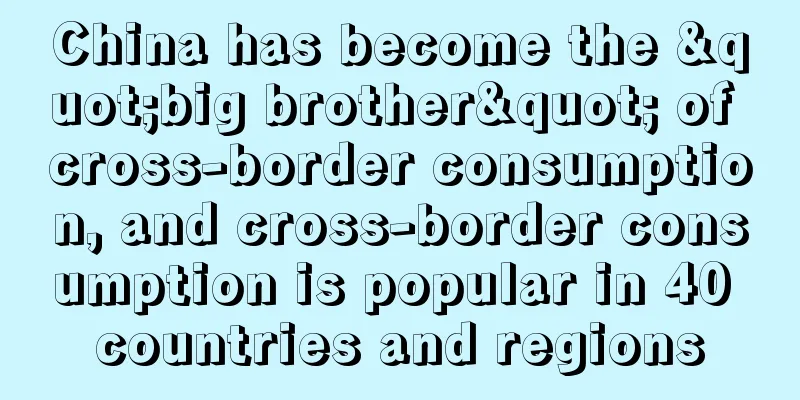Accelerate the approval! Japan officially completes the RCEP approval process

|
The Japanese Senate approved the Regional Comprehensive Economic Partnership ( RCEP) on the 28th . Since the House of Representatives , one of the two houses, had previously approved the world's largest free trade agreement, the approval of the Japanese Senate also means that Japan has officially completed the approval process for RCEP .
The plenary session of the Japanese Senate approved the Regional Comprehensive Economic Partnership Free Trade Agreement (RCEP) According to the provisions of RCEP, the agreement will come into force after approval by at least 9 of the 15 members , and will come into force 60 days after at least 6 ASEAN member state signatories and 3 non-ASEAN member state signatories (namely China, Japan, South Korea, Australia and New Zealand) deposit their instruments of ratification, acceptance or approval with the depositary.
So far, four countries, namely Japan, China, Thailand and Singapore, have completed the established procedures and ratified the agreement .
It is reported that RCEP member countries have previously stated that they will complete their domestic approval procedures by the end of 2021 and push the agreement to take effect on January 1, 2022. Japan's Kyodo News Agency is even more optimistic and predicts that the agreement is expected to take effect by the end of this year.
The wide-ranging free trade agreement calls for eliminating tariffs on industrial goods, including cars, and agricultural products, as well as setting new rules for e-commerce and intellectual property protection.
The Japanese government previously released an RCEP economic effect assessment report saying that since Japan's two important trading partners, China and South Korea, have joined it, RCEP's boost to the Japanese economy will exceed all the trade agreements Japan has signed so far.
The Japanese government is eager for the agreement to take effect as soon as possible because RCEP is expected to increase Japan's GDP by 2.7% and create 570,000 jobs. This will be a shot in the arm for Japan's sluggish economy!
Japan has always been very strict on tariffs, but the tariffs between RCEP member countries have been promised to be reduced to zero within ten years. This will greatly reduce product costs not only for Japanese sellers, but also for cross-border people in Southeast Asia.
And it’s not just tariffs, the timeliness of logistics between countries will also be greatly improved. The simplification of customs procedures, coupled with the relaxation of bonded policies, will further improve the timeliness of logistics and reduce transportation costs.
Once the RCEP agreement comes into effect, there is no doubt that sellers will usher in a new wave of dividends, and this day is not far away! Japan tariff logistics |
Recommend
What is Net-a-Porter? Net-a-Porter Review, Features
Net-a-Porter is a world-renowned women's fashi...
Shopee will launch a new product category tree, and E-Post USA will suspend the acceptance of electronic items
Shopee will launch a new product category tree Ac...
What is camplux-outdoor? camplux-outdoor Review, Features
camplux-outdoor is an online website focusing on o...
What is Bombfell? Bombfell Review, Features
Bombfell is a monthly subscription men's fash...
What is Yimai Logistics? Yimai Logistics Review, Features
Shenzhen Yimai International Logistics Co., Ltd. w...
Etsy to acquire second-hand fashion platform Depop; Amazon launches points campaign for Prime Day
Etsy to acquire second-hand fashion platform Depo...
Kohl's North American Q4 sales decline, online sales momentum strong
Analysts had expected the company's revenue t...
What is Maximum Mobile? Maximum Mobile Review, Features
Maximum Mobile is the electronic wallet of İşbank...
Walmart launches '2-day free shipping' badge for sellers
Foreign media reported that Walmart recently anno...
What is CICC Payment? CICC Payment Review, Features
<span data-docs-delta="[[20,{"gallery"...
The 2022 Shopee Cross-border Sellers Conference concluded successfully, kicking off the second half of the year's peak season promotion
July 28, 2022, Shenzhen - Recently, the leading e...
Can't sleep in the early morning! It's so hard for Temu sellers
Recently, there have been a lot of discussions ab...
GameStop's revenue in the fourth quarter of the United States fell, but e-commerce sales soared 175%
GameStop's revenue in the fourth quarter of t...
What is Sahibinden? Sahibinden Review, Features
Founded in 2000, Sahibinden is an online classifie...
Be alert! Some sellers lost hundreds of thousands of dollars due to being tricked and betrayed by suppliers
The seller said in the post that he found the sup...









